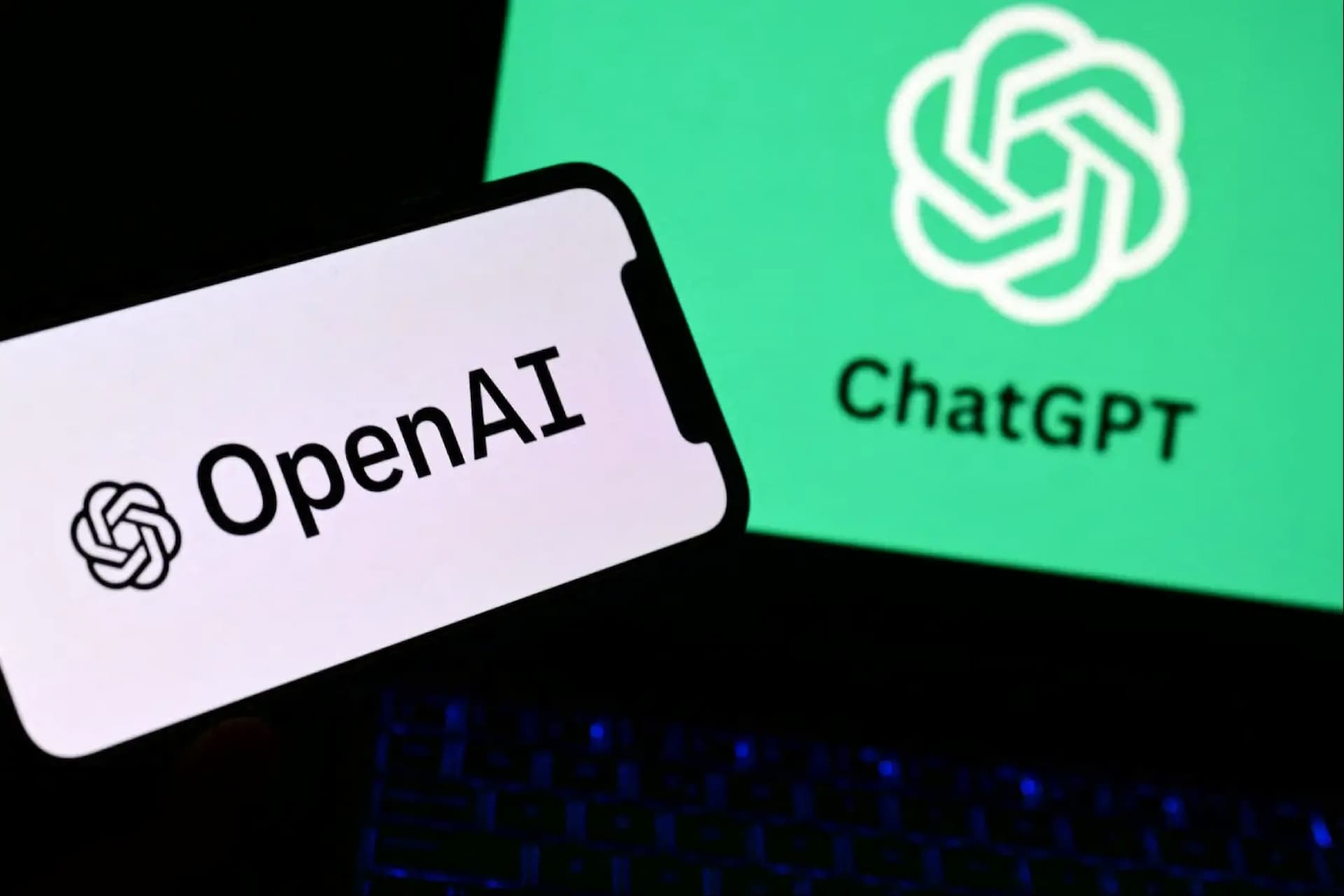Apple has announced changes to how iOS apps are distributed and monetised in Japan, bringing its platform into compliance with the country’s Mobile Software Competition Act. The updates introduce new options for alternative app marketplaces and payment methods for digital goods.
Under the revised framework, developers in Japan can distribute apps outside the App Store and offer alternative payment processing alongside the In-App Purchase. Apple said the changes aim to meet legal requirements while limiting new risks linked to fraud, malware, and data misuse.
Safeguards include app notarisation, authorisation rules for alternative marketplaces, and baseline security checks for all iOS apps. The measures are aimed at protecting users, including children, even as apps outside the App Store receive fewer protections.
Safeguards include app notarisation, authorisation rules for alternative marketplaces, and baseline security checks for all iOS apps. Apple said the measures aim to protect users, including children, even as apps outside the App Store receive fewer protections.
Additional controls are being rolled out with iOS 26.2, including browser and search engine choice screens, new default app settings, and expanded developer APIs. Apple said it will continue engaging with Japanese regulators as the new framework takes effect.
Would you like to learn more about AI, tech, and digital diplomacy? If so, ask our Diplo chatbot!










